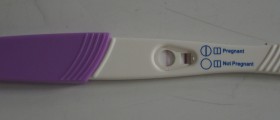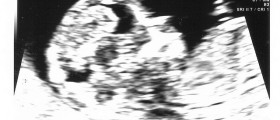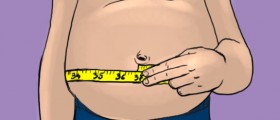
One of commonly seen changes that a woman undergoes during her pregnancy is the loss of appetite. Namely, while the first trimester starts with nausea and vomiting, during the second trimester, the female body learns how to accommodate to the changes that affect it and the new life which grows within it. However, there are cases where loss of appetite affects a pregnant woman and this occurrence is normal. Nevertheless, if this appetite problem deprives the child or the mother of vital nutrients, crucial for health, medical assistance is to be sought immediately.
Reasons behind Loss of Appetite During Pregnancy
The main culprit behind loss of appetite during pregnancy is the nausea which interferes with one's desire to eat. During the second trimester, the mother's digestive system gets slower since the uterus presses on the lower bowel. This too can lead to lack of appetite and even constipation.
Alternatively, the digestive processes may be altered by hormonal activities within a pregnant woman's body. Excessive amount of water in the colon can have the same effect and so can abundance of iron, common for pregnant women.
As for the late pregnancy, the size of the uterus is the main reason behind the loss of appetite, since it applies pressure upon the stomach, limiting the possible food intake.
Dealing with Appetite Loss During Pregnancy
During the early months of your pregnancy, you can deal with the pressed stomach by eating less and focusing on healthy nutrition. Basically, all you need to do is to have healthy, natural juices and other such drinks in the morning, eating something heavier in smaller amounts later, during the day. Do not force yourself to eat, but do not starve either.
Next, remember that 8 to 10 glasses of water are necessary to be drunk in order to properly hydrate your organism. As for food, concentrate on eating green, leafy vegetables and fiber-rich foods, avoiding fatty meals or dishes which your organism will have difficulties digesting.
Again, should you experience any severe appetite problems, preventing you from eating or depriving your body of crucial nutrients, pay your doctor a visit. Keep in mind that you should at least be able to maintain a good, BRAT diet, consisting of bananas, rice, applesauce and toast. Spicy food, eggs and fish should not be a part of your diet during your pregnancy.
All in all, you may seek further advice from your doctor, getting the best diet plans for you and your soon-to-arrive baby.
















Your thoughts on this
Loading...